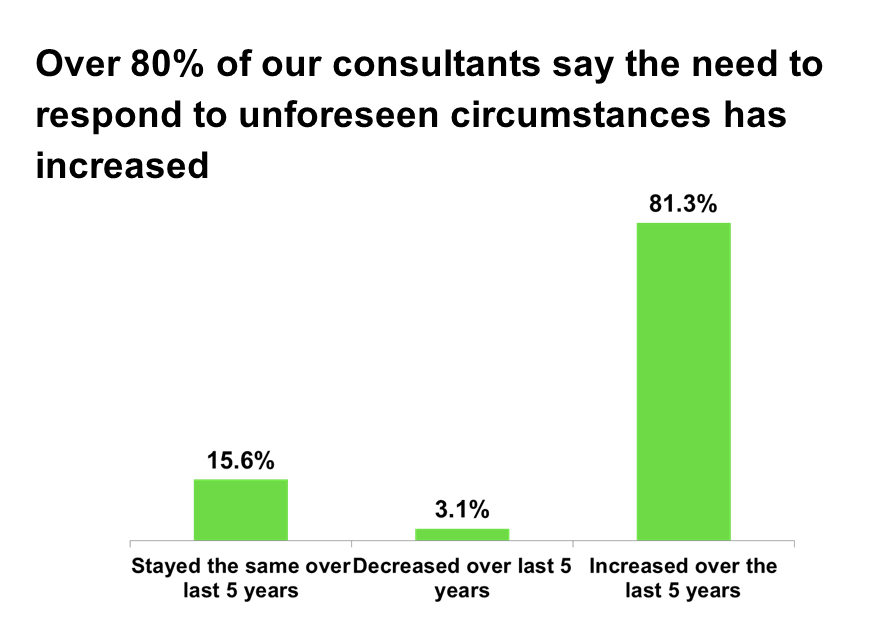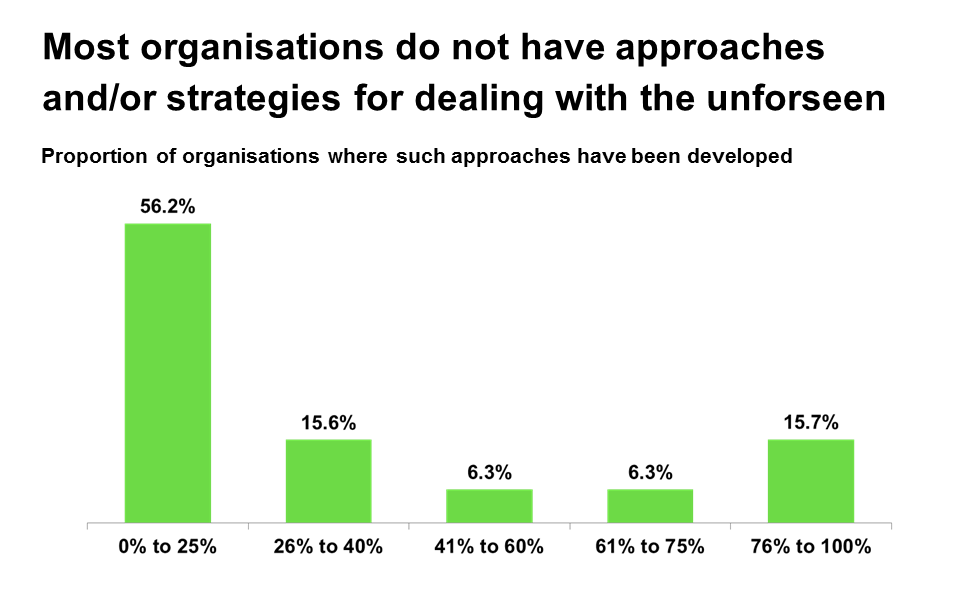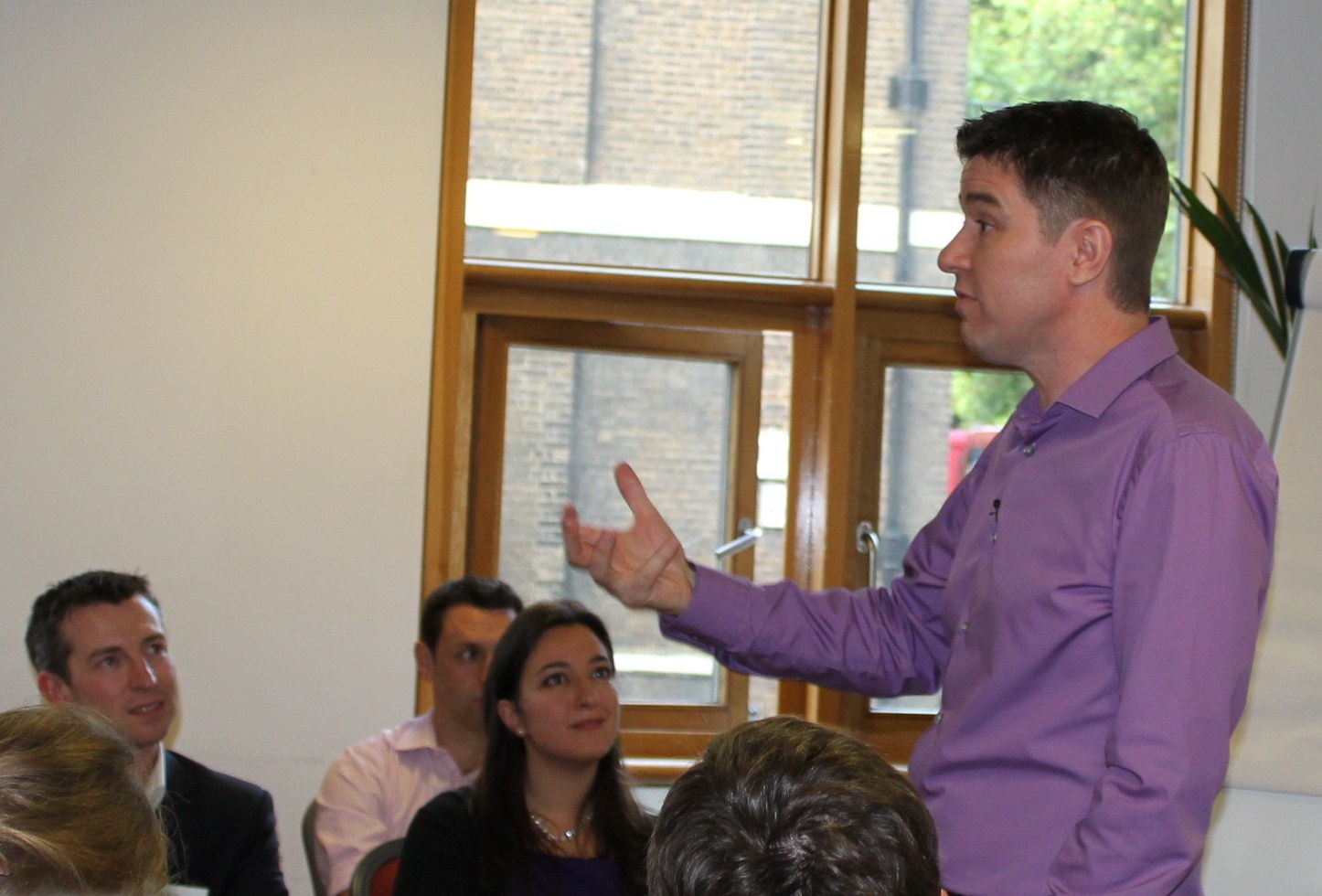So what does surviving a plane crash have to do with running your organisation?
Insight Evening Event at the Brunei Gallery, 14th June 2011

“The ability to respond to the unforeseen has become an increasingly prevalent need for our clients†says Sarah Thrift, CEO of Insight Consultancy solutions.
It doesn’t come much more unforeseen than a plane crash. We were therefore most delighted to be joined by senior executives from commercial, public sector and non-profit organisations as well as by Neil Almond, coach, trainer and survivor of a plane crash, to talk about the lessons to be learned from this experience.
Sarah Thrift shared the feedback from Insight’s 200 strong network of consultants on the ability of organisations to respond effectively to unforeseen events.

The results were based on the consultants experience of the organisations they have worked with over the last 5 years – totalling 500+. More than 80% of Insight’s consultants see the need for organisations to respond to unforeseen circumstances as having increased during that time – a figure which did not come as a surprise to our guests who agreed unanimously that this need has increased.

Nearly half of all consultants (46.9%) see the ability of organisations to respond to the unforeseen as not good or okay, but limited. They are aware that most organisations do not have approaches and/or strategies for dealing with the unforeseen, with over half (56.2%) of Insight’s consultants saying that fewer than 25% of the organisations they had worked with had such approaches.
A key element of the discussion led by Neil was the importance of taking responsibility, rather than adopting an attitude of blame, when an unforeseen event arises.
That he recovered with relative speed and ease from being in the plane crash had much to do with the fact that Neil continuously put himself in the frame of mind of being at ‘cause’ – of taking full responsibility for his responses rather than blaming the airline, the pilot, the plane, etc. – which allowed him to take control of an unforeseen and largely uncontrollable situation.

This applies to organisations as a whole and their employees. Encouraging a ‘cause’ frame of mind at all levels within an organisation – as opposed to an ‘effect’ frame of mind where employees see themselves as determined by circumstances – enables organisations to respond swiftly to the unforeseen, thereby increasing the agility and resilience of the organisation itself.
The insights gained from hearing Neil share his experience of surviving a plane crash are, in the words of one of our guests: “Something I will definitely take back to my team – not just to prepare for the unforeseen, but to improve the way we work right now!”
